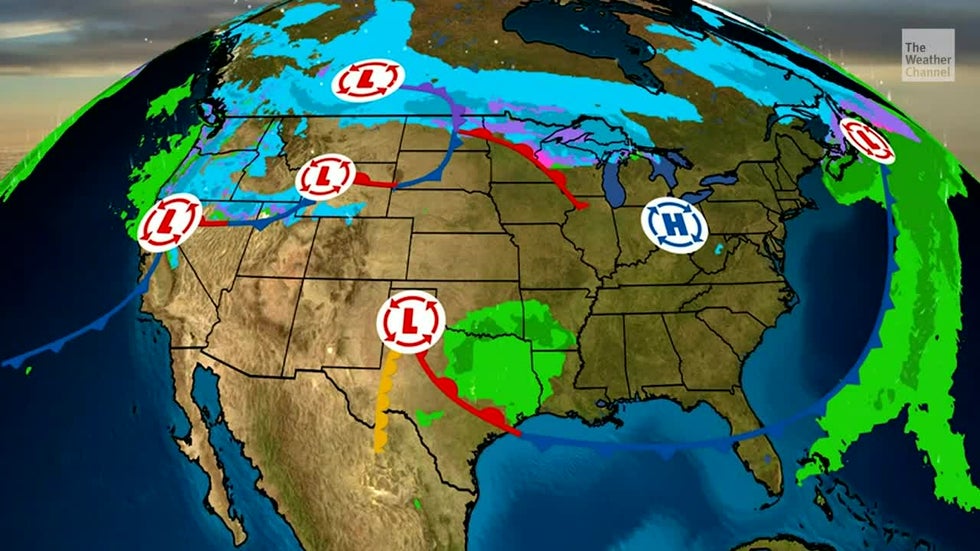- 1. Temperature: Look for current temperatures across different regions, including highs and lows.
- 2. Precipitation: Check if there’s rain, snow, or any other forms of precipitation expected in various areas.
- 3. Wind Conditions: Note wind speeds and directions, which can affect weather feel and safety.
- 4. Humidity: This affects comfort levels and can be important in weather forecasts.
- 5. Severe Weather Alerts: Look for any advisories or warnings related to severe storms, tornadoes, or hurricanes.
- 6. Regional Variations: Weather can vary significantly across the country, so checking different regions (Northeast, Midwest, South, West Coast) will give a comprehensive view.
2. Example Format for a Detailed Report:
1. Northeast:
- Temperature: High of 65°F, low of 50°F
- Conditions: Mostly cloudy with scattered showers
- Wind: 10-15 mph from the northeast
2. Southeast:
- Temperature: High of 80°F, low of 65°F
- Conditions: Sunny with a chance of afternoon thunderstorms
- Wind: 5-10 mph from the southeast
3. Midwest:
Temperature: High of 70°F, low of 45°F
Conditions: Partly cloudy, cooler in the northern areas
Wind: 15-20 mph
4. West Coast:
- Temperature: High of 75°F, low of 55°F
- Conditions: Clear skies, slight breeze
- Wind: 5-10 mph
5. Southwest:
- Temperature: High of 85°F, low of 60°F
- Conditions: Sunny and dry
- Wind: 10-15 mph
Feel free to check your local weather station or online resources for the most accurate and current information!











Leave a Reply